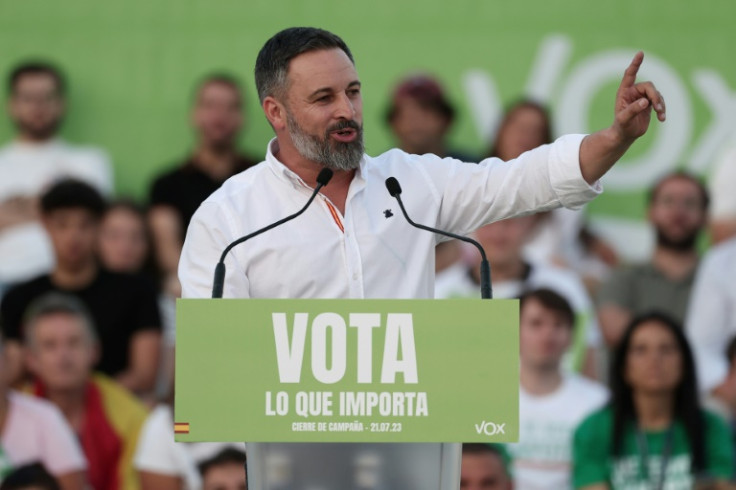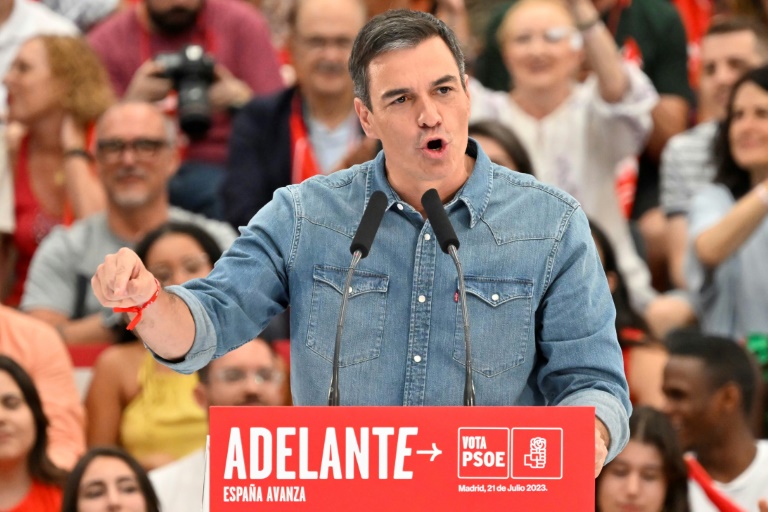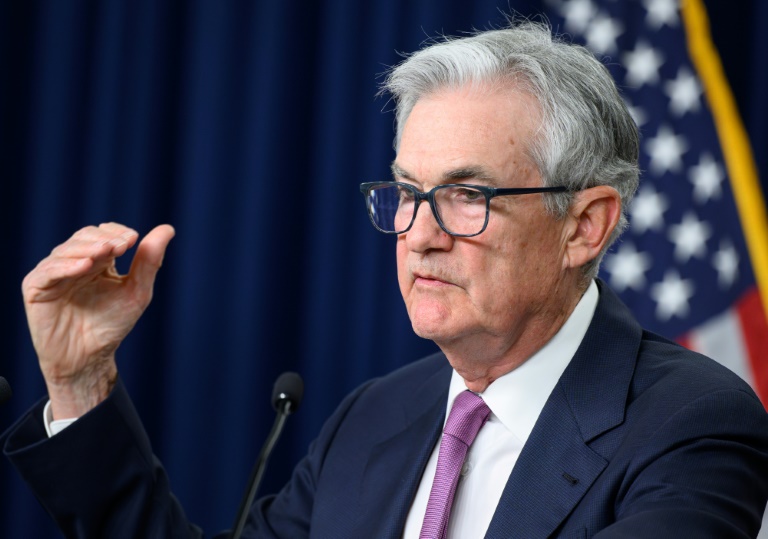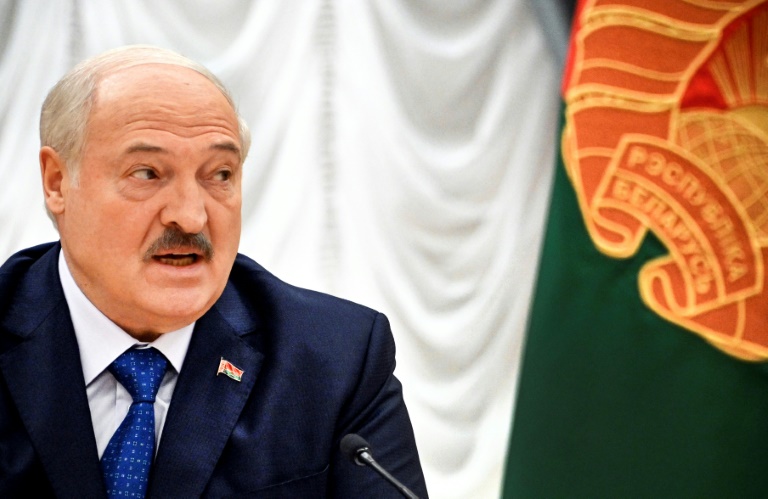AFP
Spain votes Sunday on whether to hand Socialist Prime Minister Pedro Sanchez a fresh four-year mandate or, as polls suggest, bring the right back to power with its far-right ally.
Ahead of European elections in 2024, a shift to the right in the eurozone’s fourth-largest economy, mirroring a similar move in Italy last year, would be a huge blow for left-wing parties in Europe.
It would be even more symbolic as Spain currently holds the rotating presidency of the European Union.
Nearly all polls and pundits suggest the vote will spell victory for Alberto Nunez Feijoo’s right-wing Popular Party (PP) — but surprises could be in store.
By the time the last surveys were published on Monday, around one in five voters were still undecided, and it remains unclear what impact the timing of the vote, held at the height of the summer holidays in the scorching late July heat, will have on the turnout.
As many Spaniards are on vacation, more than 2.47 million — a record number — of the 37.5 million registered voters have cast an absentee ballot, the Spanish Postal Service said on Saturday.
Polling stations open at 9:00 am (0700 GMT) and close at 8:00 pm, with the results expected a few hours later.
It has not been a good final week of campaigning for the PP leader, who stumbled over the issue of pensions, boycotted the final televised debate between candidates, and saw a resurgence of troubling questions about his ties with a now-convicted drug dealer in the 1990s.
Even so, “it would be a huge surprise if the PP did not win. But whether it will be able to form a government is another matter,” said Pedro Riera Sagrera, a political scientist at Madrid’s Carlos III University.
Feijoo is hoping his party will reach the magic figure of 176 deputies within the 350-seat parliament, which would allow it to govern on its own, but the polls suggest otherwise.
They show he will likely fall short and have to strike a deal with the only available partner — the far-right Vox, which emerged in 2013 from a split within the PP.
This presents a real challenge for Feijoo, who has built his reputation on being a moderate, but whose party has recently made deals to jointly govern with Vox in local and regional authorities following the right’s triumph in May’s regional elections.
Throughout the negotiations, Vox refused to back down on controversial positions such as its rejection of abortion or trans rights, its refusal to acknowledge gender violence or its denial of climate change.
Vox leader Santiago Abascal has warned the PP it will demand a role in government in exchange for its support, in what would mean the first far-right participation in a Spanish government since the end of the Franco dictatorship in 1975.
Feijoo has kept his plans regarding Vox close to his chest, saying in an interview published Friday in daily newspaper El Mundo that “a candidate should not say who they will ally himself with two days before an election.”
A coalition government with Vox “is not ideal,” he added.
Sanchez has used the prospect of a national PP-Vox government to try to rally leftist and moderate voters.
He warned during a TV debate on Wednesday that such a government “would not only be a step backwards for Spain” in terms of rights, “but also a serious setback for the European project.”
He argues the only alternative is keeping in power the current coalition government between his Socialists and the far-left.
Far-left party Podemos — his coalition partner since 2020 — has been absorbed this year by Sumar, a new formation led by his highly popular labour minister, Yolanda Diaz, a communist.
While the Socialists and Podemos regularly clashed, Sanchez has smooth ties with Diaz.
But Riera said the chances of the leftist coalition holding on to power were slim and that there was a “serious risk” neither side could secure a working majority, which may mean a repeat election in a few months.

AFP

AFP







